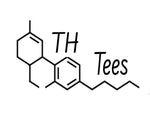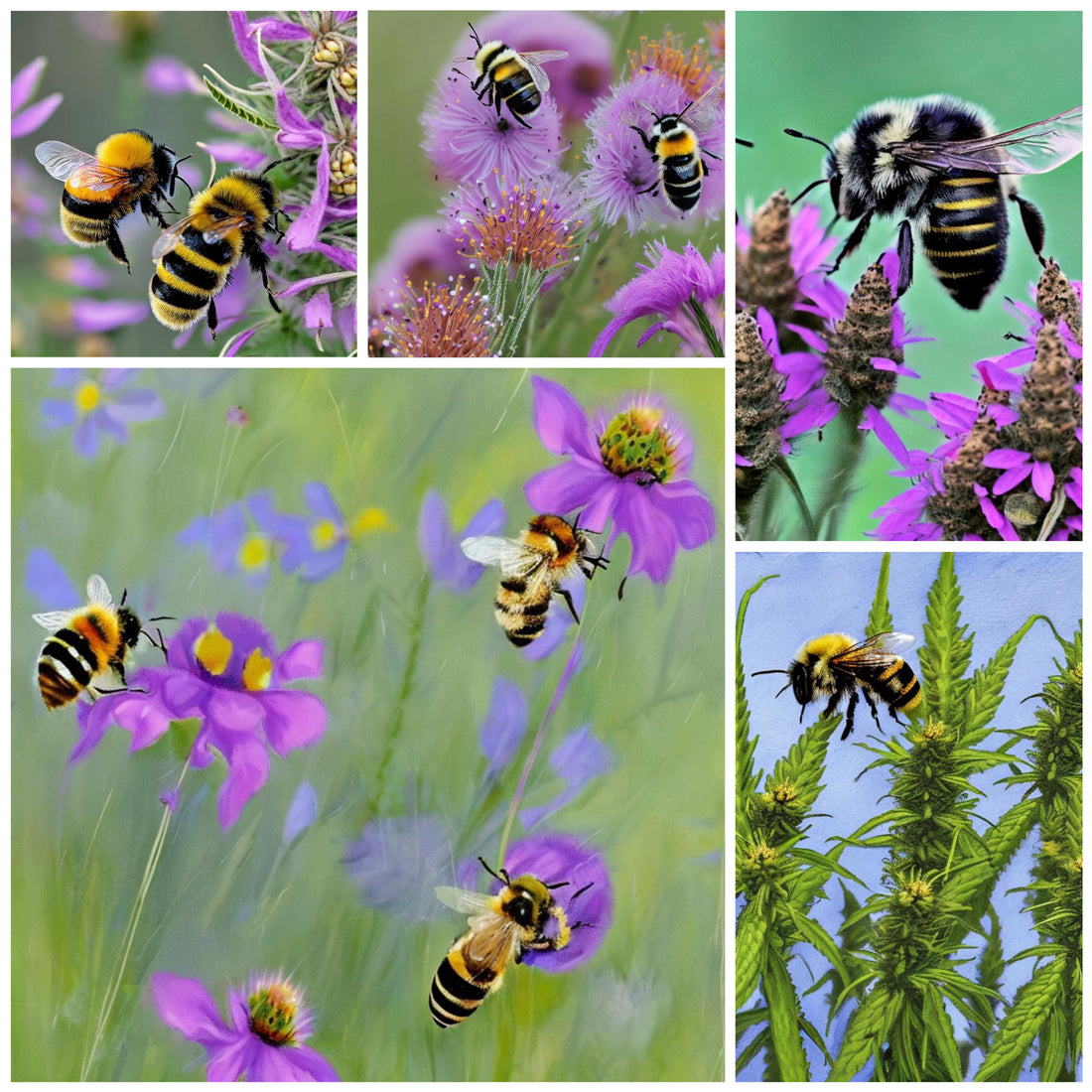Bees are incredibly important for the health and survival of our planet. They play a crucial role in pollinating flowering plants, which make up approximately 80% of the world’s food supply. Without bees, many of our favorite foods, such as apples, almonds, strawberries, and coffee, would disappear from our diets. Bees are also essential for the pollination of crops used to feed livestock, which means that even meat-eaters would be affected by their decline. The value of the services that bees provide to the global economy has been estimated at over $200 billion annually.
In addition to their role in food production, bees also support the biodiversity of ecosystems. They help to pollinate wildflowers, which provide habitat and food for a wide range of other species. Bees are also an important food source for many animals, including birds and small mammals. The decline of bee populations could have far-reaching consequences for the health and stability of ecosystems worldwide. Therefore, it is crucial that we take steps to protect bees and ensure their continued survival.
One way to support the bee population is to plant pollinating wildflowers. Bees use pollen as a source of protein and other nutrients as well as feeding it to the new generation of larvae.
We hand out packets of Burpee’s pollinator mix at shows and events to spread wildflowers and do our part to help feed our pollinators. To grow this mix of annual and perennials follow the directions below.

See a list of the wildflower seeds included in this mix below.

What does this have to do with Hemp?
Well, we consider bees an immensely valuable teammate and friend in our pursuit of a cleaner earth. We can work towards our mission together by supporting our pollinators. In addition, the growth of hemp increases the probability of survival in the bee population. While hemp is not a flowering plant and the female plant does not produce nectar, the male Cannabis Sativa plant still produces pollen which bees use as a source of food. Hemp is wind pollinated and typically releases pollen in August and September. This is perfect timing to keep the bees fed where there is a decrease of floral resources available.

